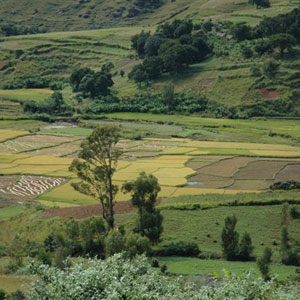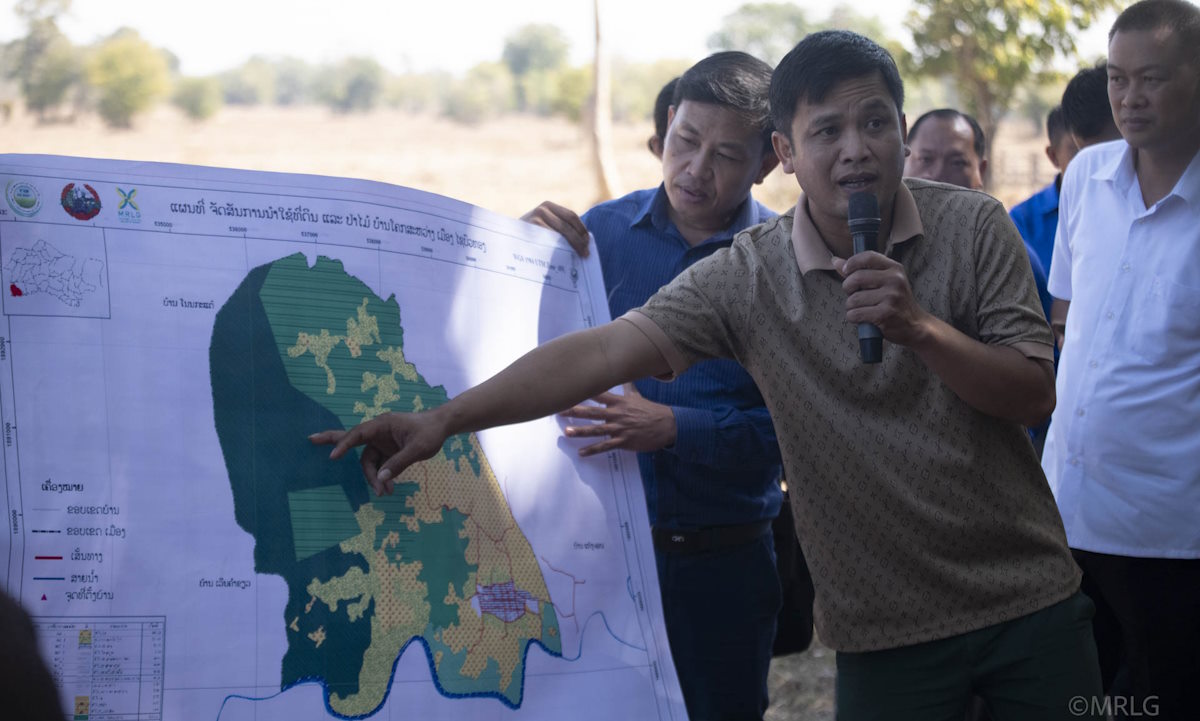Special economic zones (SEZs) are “specific geographic zones located inside the national borders of a country where trade rules are different to those prevailing in the country at large” (Baissac, 2011). Proposed as an economic development model by a vast array of international stakeholders, ranging from China to the World Bank, this approach has already been adopted by approximately one hundred countries – particularly in Asia – and in recent years has been emerging in Africa, where 237 SEZs are reported to have been created and 51 are currently being developed (UNCTAD, 2019).
To date, almost 127 laws on SEZs have been adopted worldwide (UNCTAD, 2019). The enactment of such laws makes it possible for States to recover land tenure control in areas inhabited by farmers whose rights are poorly or not at all legally protected. On behalf of the public interest, the authorities acquire land that is considered strategic, expropriate small farmers and prioritise the establishment of foreign or national businesses. These zones are often the subject of exceptional regimes that can have significant impacts in terms of land tenure, taxation, labour law and environmental law, for example.
In order to better understand the implications of the development of these SEZs in Africa, the “Land tenure & Development” Technical Committee (in French only), which is facilitated by GRET, launched a project for collective reflection coordinated by IIED. It will bring together various experts and civil society organisations from Senegal and Madagascar (CNCR, Enda Pronat, Madagascar land tenure observatory, etc.)
Stakeholders in these two countries have common fears regarding the possible consequences of exceptional regimes created by SEZs between citizens and territories in a single country. It seems crucial, therefore, to better understand the implications of the texts adopted, to share lessons learnt from previous experiences throughout the world and to document processes underway in these countries with a view to conducting effective monitoring and advocacy.





